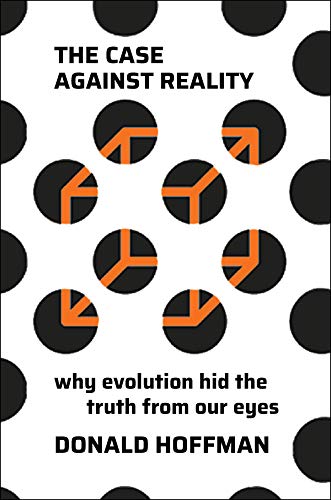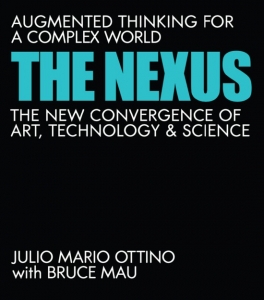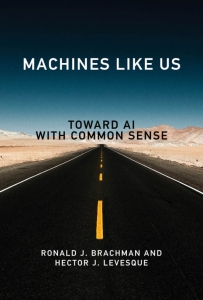“The Case Against Reality” and The Hard Problem of Consciousness with Professor Donald Hoffman
What is the true nature of reality? Does the objective reality reported back by our senses paint a complete picture of the true reality? Is it possible that the world we see is not objective reality and it is just an interface to a deeper, true reality. In his book “The Case Against Reality: Why Evolution Hid the Truth from Our Eyes” cognitive scientist Donald Hoffman Challenges leading scientific theories that claim that our senses report back objective reality. He argues that while we should take our perceptions seriously, we should not take them literally. He presents the evolutionary concept of “Fitness Beats Truth” to demonstrate that evolution very probably moulded our minds for fitness rather than accuracy, resulting in the mismatch between “things-in-themselves” and our perceptions of them. In this episode of Bridging the Gaps I speak with professor Donal Hoffman; we discuss his “Interface Theory of Perception” and dig deep on latest research in cognitive science and perception, and how it relates to our understanding of the true nature of reality.
Donald Hoffman is a professor of Cognitive Sciences at the University of California, Irvine. He is a cognitive psychologist and popular science author. His research focuses on perception, evolution, and consciousness.
We begin by discussing the present understanding of the hard problem of consciousness. Then we talk about Hoffman’s view that all main scientific theories, such as Einstein’s theory, theories and our present understanding of Quantum Physics and the theory of natural selection, all inform us that our present approach of trying to understand reality is not working. I then ask him that why in his view we have evolved in a manner that we don’t see the real underlying reality and we just perceive a superficial realty. We then discuss in detail his theory and ideas about the nature of reality. We touch upon the question that do we live in a simulation. We also discuss Panpsychism. Finally I ask that how the research on the question of the true nature of reality should proceed.
Complement this discussion with From Consciousness to Synthetic Consciousness: From One Unknown to Another Unknown with David Chalmers and then listen to Why You Are Not Your Brain? A Conversation on Consciousness with Alva Noe.




Connect With Us